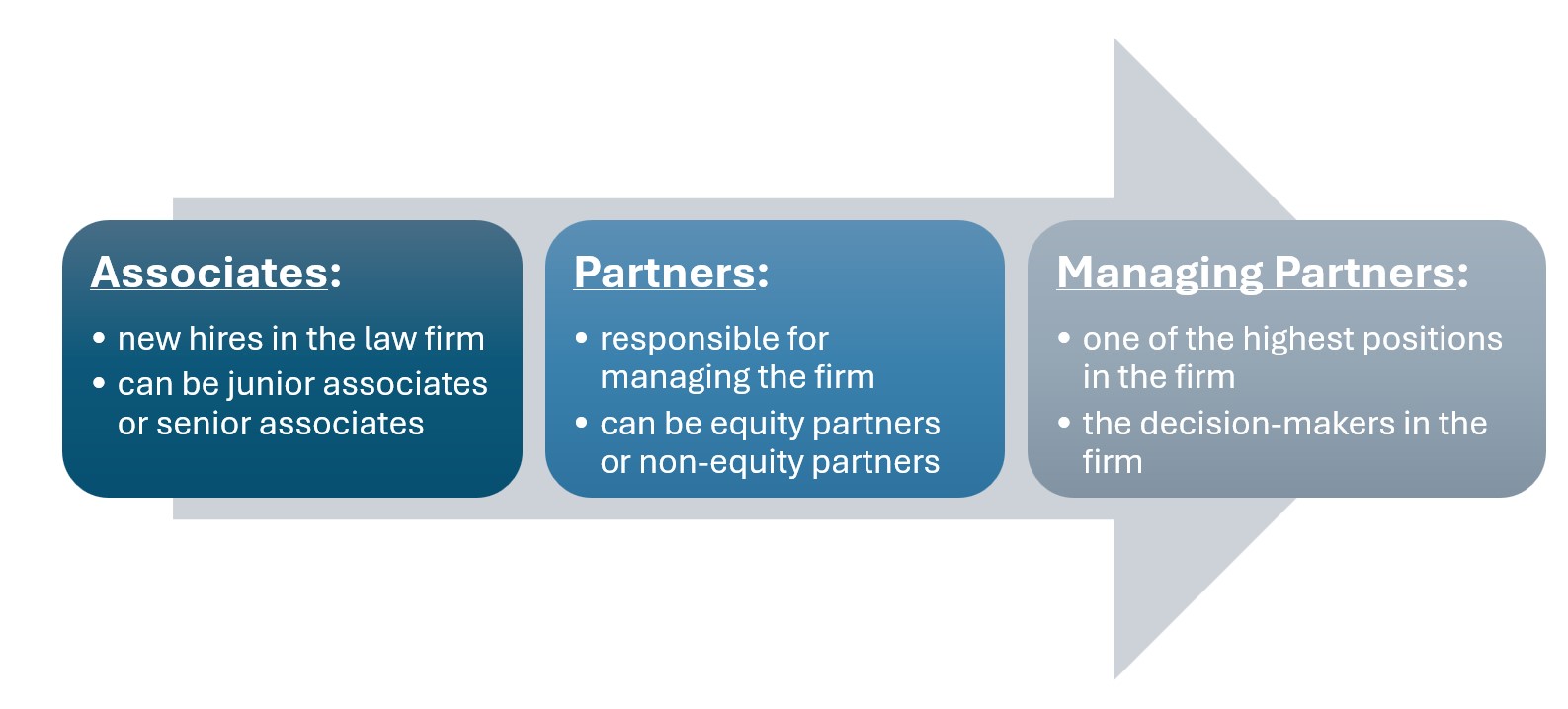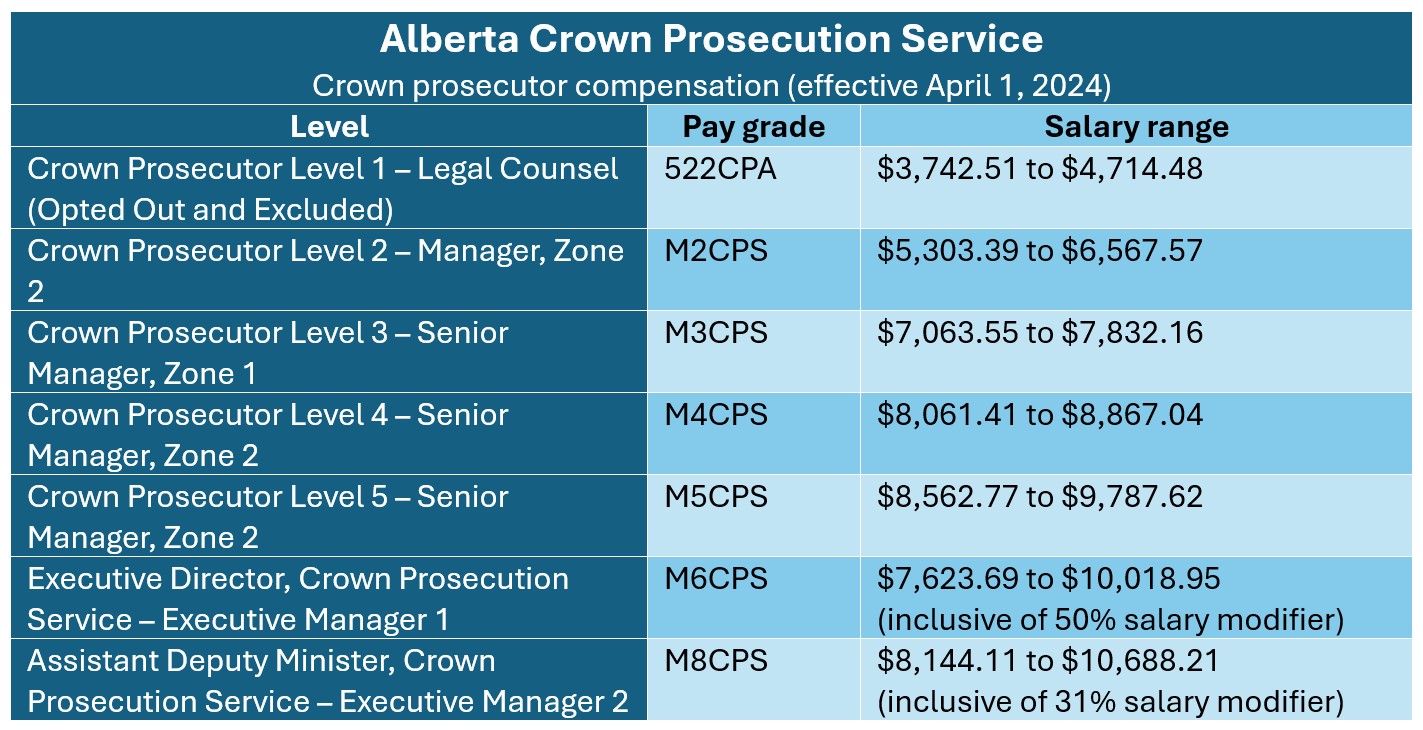
Know the answers to questions like how much a criminal lawyer earns and how long it takes to become one to help you decide if criminal law is for you

While you’re studying law, or even before entering law school, you may be thinking about what specific area of law you’re going to focus on. Are you inclined to take corporate law, labour and employment law, or property law? Or are you interested in focusing on criminal defence or prosecution? In all of these, one of your constant considerations would be your future salary.
This article is for those who would like to pursue criminal law and are asking: how much does a criminal lawyer earn?
The average earnings of criminal lawyers in Canada ranges from $70,000 to $120,000 per year. This is based on the various offerings, considering the salaries of the different provinces and territories in Canada. However, this average range serves only as a guide, since each employment circumstance would differ.
The $70,000 to $120,000 average range of annual salary of criminal lawyers in Canada are affected by a lot of associated factors, both beyond and within your control. These factors will help you decide whether criminal law is for you, and if it’s worth pursuing.
Canadian Lawyer announces the Top Criminal Law Boutiques of 2024–25, a venerable group of legal victors voted to the top by the magazine’s readers. https://t.co/ZXoPEtdRpR pic.twitter.com/myrRWkIysp
— Canadian Lawyer Magazine (@CanLawMag) February 6, 2024
For more Special Reports on top lawyers and firms in other practice areas, check out our Rankings page.
Where you’ll be practicing criminal law in Canada is one of the most important factors that will determine your pay. While the average range applies throughout Canada, lawyers in some provinces may be paid higher compared to other provinces. In addition, lawyer’s fees may even differ in every city or municipality in each province.
High salaries in certain areas may be offset by the expensive living costs, not to mention the effect of inflation. Consider not just the province or territory, but also your daily expenses, in foreseeing your future salary as a criminal lawyer.
Another consideration when comparing how much a criminal lawyer earns is your employer. As a criminal lawyer, you have two choices where to practice your profession: in government or in private practice.
You also have two choices if you’re going to work in government as a criminal lawyer: be a public defender or a public prosecutor.
Crown or public defenders represent clients who cannot afford to hire a private lawyer for their case (e.g., represent them in court for a criminal case filed against them).
On the other hand, public prosecutors are the ones who evaluate and file criminal cases on behalf of the Canadian government.
If you choose to work as a criminal lawyer in private practice, you may be acting as a criminal defence lawyer for an accused. It may also include assisting a complainant in a private prosecution or in filing a criminal case before a justice of the peace.
Although lawyers in government and private practice may have similar responsibilities, they differ in who their employer is. Public defenders or prosecutors are hired by the government through the Public Prosecution Service of Canada (PPSC) or the provincial prosecution services. On the other hand, private law firms employ criminal lawyers in private practice.
Crown or public prosecutors in Canada receive around $50,000 to $120,000 per year on average. Compare this with the $70,000 to $120,000 range that private lawyers receive per year, which is also not that far from what public criminal lawyers receive. Again, these are just estimates and may apply differently to each person.
If you’re interested in becoming a Crown prosecutor, watch this video to know more about their role:
To read actual criminal cases and updates on the country’s criminal justice system, check out our page on the practice area of criminal law.
Finding a job, whether in a private firm or in the government, is not the only determining factor on how much you’ll earn as a criminal lawyer. Just like any other employment, your position and responsibilities will also dictate your paycheck. Naturally, the more senior your position is, the higher your pay would be. This comes along with more responsibilities whenever you’re promoted.
Criminal defence law firms operate similarly to private law firms. Their positions are also ranked accordingly, indicating who the seniors are and who the juniors are.
In a private law firm, newly minted lawyers usually start as associates, and then get promoted to more senior roles. Here’s an example of the different roles of lawyers in a private law firm setting:

As these are just your usual roles in a law firm, each firm may have its own distinctions. Others have additional positions aside from what is indicated above; some firms would even merge different positions to just one person or role.
It’s a bit different when working in government. While the principle is the same (the higher the rank, the larger the salary, but more responsibilities), the specific titles may differ when you’re hired by the government as a criminal lawyer. In most provinces, these titles may be divided according to each level.
To illustrate, here’s the pay information and classifications of the Crown prosecutors of the Alberta Crown Prosecution Service:

Being hired as a criminal lawyer is not just the sole basis for your salary, but also your position within the firm or office.
It’s a requirement among criminal lawyers in Canada to be knowledgeable of the federal Criminal Code. This is on top of the other criminal provisions found in other laws, both at the federal and the provincial level. As there are many different crimes under the Code and statutes, there are a lot of opportunities for you to specialize in a few areas of criminal law.
Specialization not only separates you from the other lawyers, but is also relevant to how much you’ll earn as a criminal lawyer. If you want to work as a criminal defence lawyer, here are some of the areas that you can specialize in:
When planning your area of specialization, there are some considerations:
Personal development through continuing education is related to your specialization, which is also connected to how much you’ll earn as a criminal lawyer.
Many law schools offer courses that will enhance your knowledge in criminal law, its sub-areas, and other related practice areas. This may include additional certifications, complementary courses, and even pursuing your graduate degree, such as the Master of Laws (LLM), or doctorate degree.
Aside from the other LLMs that offer criminal law courses, here are offerings of some Canadian law schools with a concentration on criminal law:
Visit our in-depth report for a complete listing of Canadian law schools. This includes law degrees offered, tuition rates, notable faculty members, and other information.
Continuing education is important because the law is always evolving. New laws are passed every year, and landmark decisions may be released by the court without us knowing it. This makes pursuing continuing education, aside from being a requirement by law societies, important even after becoming a criminal lawyer.
If you’re already set to become a lawyer in Canada, you may have to wait several years before you can receive your first paycheck. Becoming a lawyer will take about eight years, from finishing the required bachelor’s degree until the licensing process.
Here’s a breakdown of these eight years:
This does not consider any hindrances that may happen, either internally or externally, which will add more years to your journey in law school.
There are two people that you’ll be advocating for when you practice criminal law: your clients and yourself. The main purpose of criminal law is to ensure that justice is achieved by the victims of these crimes, and that offenders are heard and given their proper day in court.
At the same time, you’re also looking at yourself, given that this practice area has been beneficial economically for lawyers (whether on the side of the prosecution or the defence). While you may be thinking about the paycheck, giving the justice your clients deserve is still the best motivation for criminal lawyers and other legal professionals.
Does how much a criminal lawyer earn influence your choice of specialization? Let us know in the comments